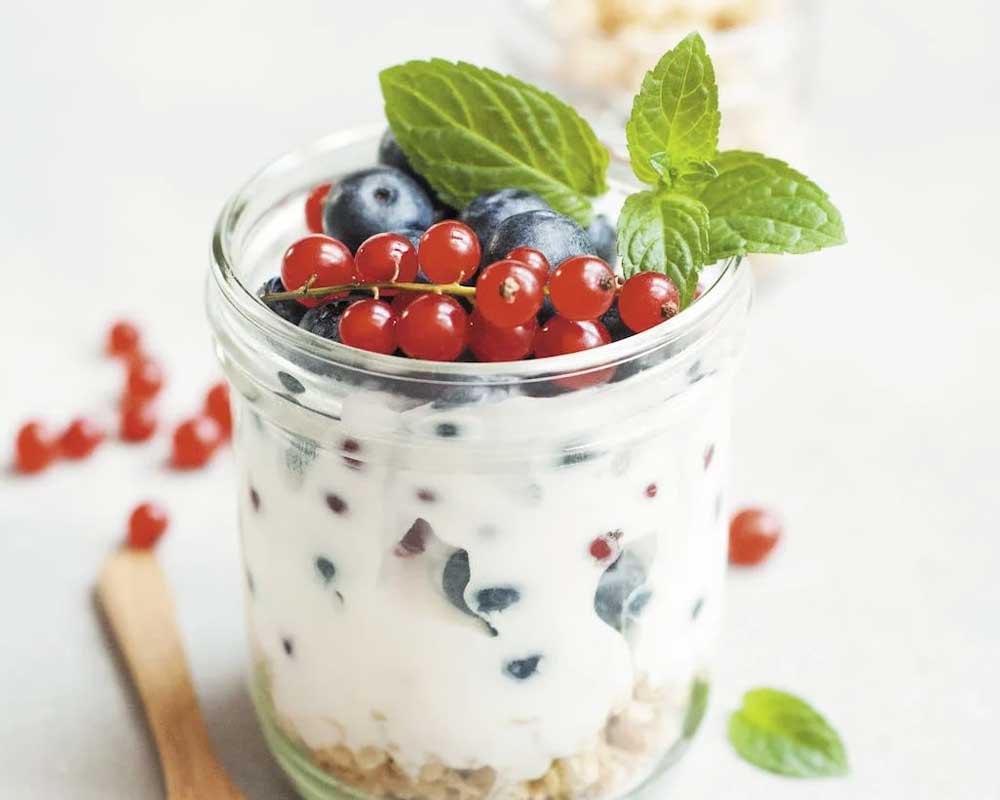
Best Diet for Gout: Managing Your Health with Smart Food Choices
Are you tired of the relentless pain and discomfort caused by gout? If you’re seeking relief and aiming for a healthier lifestyle, it’s crucial to understand the impact of your diet on gout flare-ups. In this article, we’re going to delve into the world of gout and explore the best dietary practices that can help you manage this condition effectively.

Gout Explained: The Battle Within
Unraveling the Mystery of Gout
Gout, often dubbed the “disease of kings,” is a type of inflammatory arthritis caused by the accumulation of uric acid crystals in the joints. These crystals lead to intense pain, swelling, and redness, often targeting the big toe. Understanding the root cause of gout is the first step toward finding the best diet to alleviate its symptoms.
The Impact of Dietary Choices
Diet plays a pivotal role in managing gout. Certain foods can trigger gout attacks due to their high purine content, which leads to increased uric acid production. Cutting back on these purine-rich foods is a cornerstone of an effective gout management plan.
Crafting Your Gout-Friendly Diet: A Roadmap to Relief
Embracing Low-Purine Choices
When dealing with gou-t, it’s essential to opt for foods that are low in purines. These include fresh fruits, vegetables, whole grains, and lean protein sources like poultry and fish. Incorporating these options into your daily meals can help prevent flare-ups and promote overall well-being.
Hydration, the Gout Warrior
Staying adequately hydrated is paramount for gou-t sufferers. Water helps flush out excess uric acid from your body, reducing the risk of crystal formation. Make it a habit to drink plenty of water throughout the day to keep your body in balance.
Cherries: Nature’s Anti-Inflammatory Gift
Cherries, especially tart cherries, are rich in antioxidants that possess powerful anti-inflammatory properties. Regular consumption of cherries or cherry juice has been shown to reduce gout attacks and alleviate pain. Adding this delicious fruit to your diet might just be the sweet solution you’ve been looking for.
The Marvelous Mediterranean Diet
Exploring the Mediterranean diet can be highly beneficial for gou-t management. This diet emphasizes whole foods, healthy fats, and plenty of fruits and vegetables. Olive oil, nuts, and fatty fish like salmon are staples of this diet, providing anti-inflammatory effects that can complement your gou-t-fighting efforts.
Avoiding Gout Triggers: Foods to Steer Clear Of
Beware of High-Purine Offenders
Certain foods should be consumed in moderation or avoided altogether to prevent gou-t attacks. Red meat, organ meats, shellfish, and sugary beverages are high-purine culprits that can exacerbate gout symptoms. By limiting their intake, you’ll be taking a proactive step toward better gou-t management.
Alcohol and Gout: A Complex Relationship
Alcohol, especially beer, is known to increase uric acid production and impede its excretion. Cutting back on alcohol consumption can significantly reduce the frequency of gout flare-ups. Opt for moderate alcohol consumption or consider abstaining altogether to support your gout management journey.
The Power of Your Plate: Transforming Your Lifestyle
Portion Control and Weight Management
Maintaining a healthy weight is crucial for gout sufferers. Excess body weight can lead to higher uric acid levels and an increased risk of flare-ups. By practicing portion control and making mindful eating choices, you’ll not only manage gout better but also enhance your overall quality of life.
Seeking Professional Guidance
While dietary adjustments are essential, it’s important to consult a healthcare professional or a registered dietitian before making significant changes to your diet. They can provide personalized recommendations tailored to your specific needs and ensure you’re on the right path toward gou-t management success.
Conclusion:
In your battle against gou-t, your diet can be your most potent weapon. By making informed food choices, staying hydrated, and avoiding gout triggers, you can significantly reduce the frequency and severity of gout flare-ups. Remember, the journey to gou-t relief is an ongoing process, but with dedication and the right dietary strategies, you can regain control over your health and enjoy a more vibrant life.
FAQs
Q1: Can I still enjoy meat on a gou-t-friendly diet?
Absolutely! While you should limit your intake of red meat and organ meats, lean poultry and fish are excellent protein sources that won’t trigger gou-t attacks.
Q2: How often should I consume cherries to experience their benefits?
Incorporating a serving of cherries or cherry juice into your daily routine can have positive effects on gou-t management. However, individual responses may vary.
Q3: Are all alcoholic beverages equally harmful for gou-t?
Beer, in particular, is associated with a higher risk of gou-t flare-ups due to its purine content. Other types of alcohol can also contribute to uric acid production, so moderation is key.
Q4: Can losing weight cure my gout?
While weight loss can significantly improve gou-t symptoms, it’s not a guaranteed cure. Gout is a complex condition, and weight management is just one aspect of its comprehensive management.
Q5: How long does it take to see results from dietary changes?
Results may vary, but some individuals experience relief within a few weeks of making dietary adjustments. Consistency and patience are essential for long-term success in managing gou-t through diet.
Read More
Does Pea-nut Butter Make You Gain Weight? Debunking the Nutty Myth
Bana-nas and Diab-ete: A Sweet Affair with a Healthy Twist
Pota-toes and Diab-etes: A Heartfelt Exploration of the Connection
The Sweet Solution: How Mangoes Can Impact Dia-betes
Unlocking the Potential of a Low-Carb Diet: A Lifeline for Dia-betics
How to Prevent Diabetes: Taking Charge of Your Health
A Vegan Diet for Dia-betes: A Compassionate Path to Health and Wellness
How Many Carbs Should You Eat If You Have Diabetes?
Diab-etes Diet: A Journey Towards Health and Freedom
Diabetes Snacks: Delicious Choices for a Healthy Lifestyle
Cinamon and Diab-etes: A Sweet Spice’s Impact on Blood Sugar
